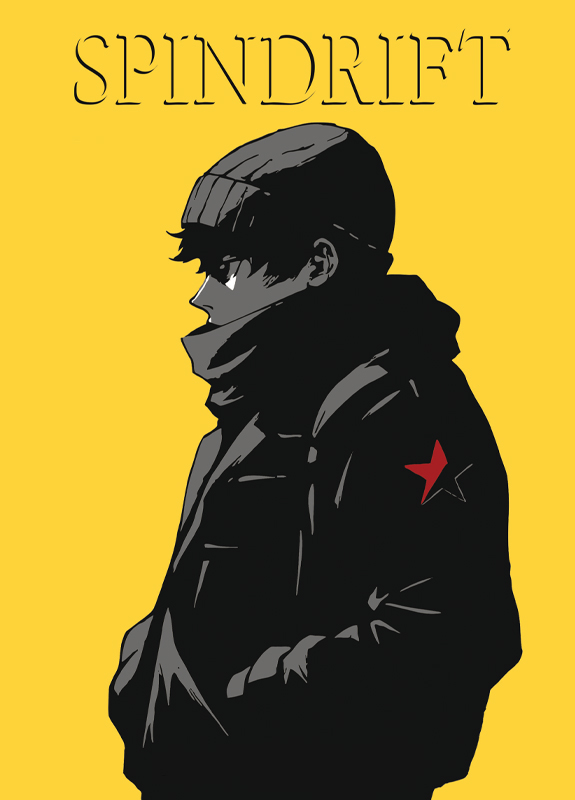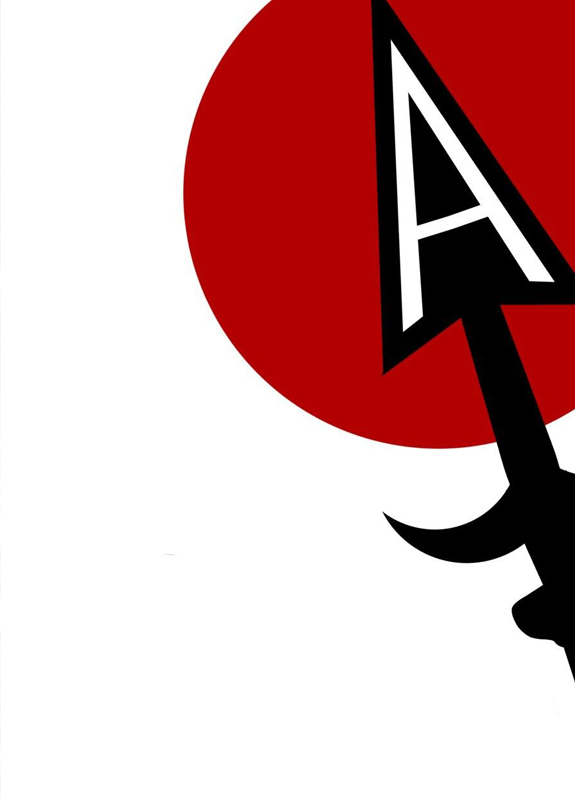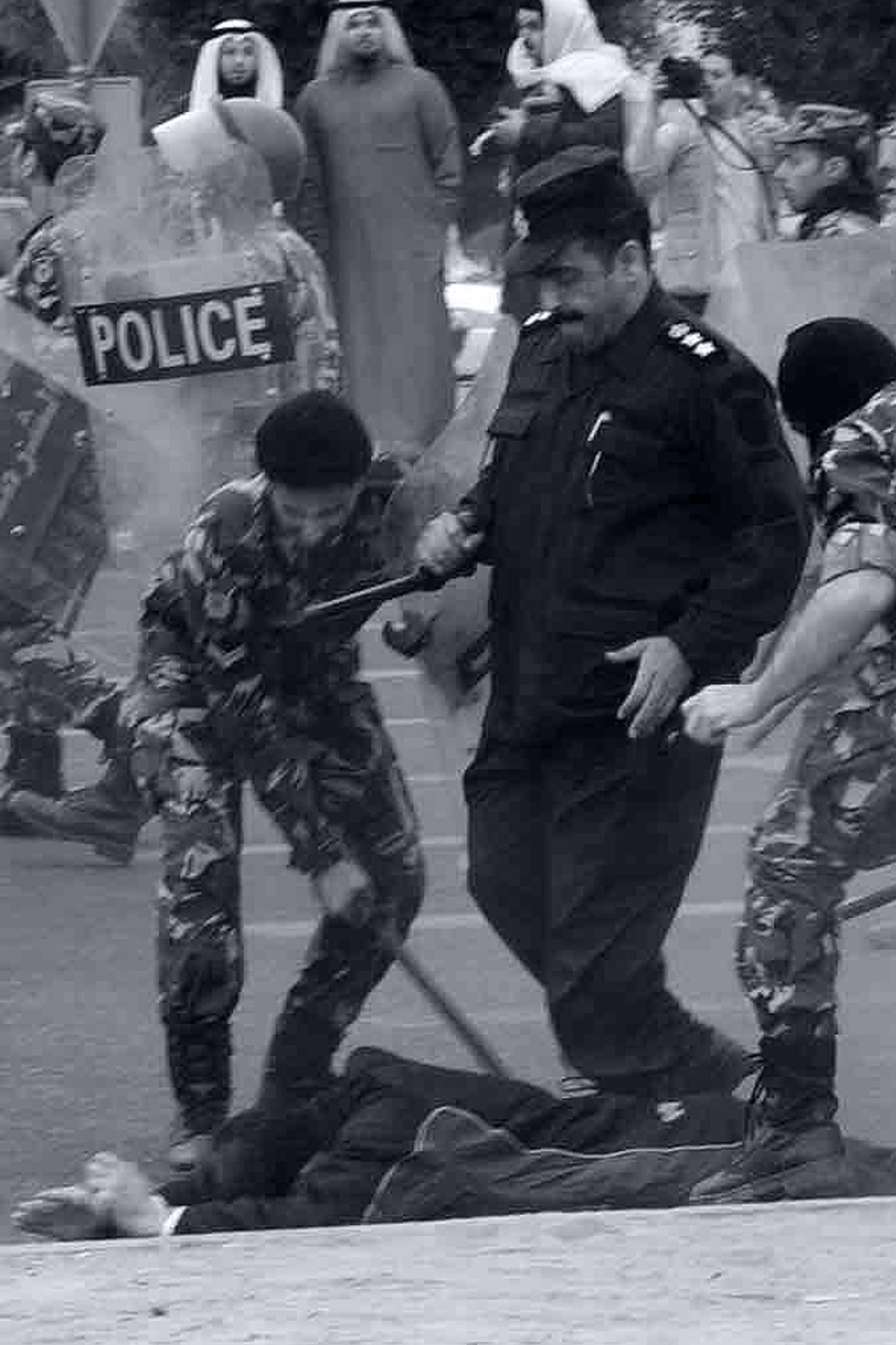On the 7th of July a young man called Ayed Hamad Moudath took his own life after the government of Kuwait denied him civil documentation, which is needed to access public services, as well as to study and work. They did so because he is Bidoon, a social class of Kuwait and the other five states that form The Cooperation Council for the Arab States of the Gulf (GCC) area, defined by their status as “stateless”.
The word “Bidoon” itself means “without” in Arabic, (taken from bidoon jinsiya “without nationality”) and they form a social class that is now defined as “illegal residents” and are subsequently personae non gratae. This means Bidoons are refused access to work, education, healthcare and all the benefits afforded to their rest of people of Kuwait. The estimates for the number of Bidoon in Kuwait vary from 85,000 to some 300,000 with sources finding more solid numbers around 150,000. The wild swing in figures is due to the lack of information collected and their position at “stateless”.
Six days later, to mourn his passing and to call on the government to recognise the equal rights of Bidoons, the community organised a peaceful sit in at al-Hurriya Square in al- Jahra, just outside Kuwait City. The police rolled in heavy and arrested 15 activists, their names added to the list of those arrested the day before in raids on the homes of organisers of previous sit ins and human rights activists. These were subsequently followed by yet more arrests the day after, and one particular arrest, of a stateless Bidoon activist named Mohammed Khudair, reportedly led to him being buried up to his head in the sand and tortured.
The charges against the activists included spreading fake news, harming allied countries, joining a group that calls for the destruction of the country’s basic systems, calling for attacking national interests, calling for public gatherings, participating in public gatherings, and use of cellphones for abusive purposes. This attitude towards civil demonstration in the relatively liberal country is enshrined in the legal framework of Kuwait as Article 12 of the 1979 Public Gatherings Law which bars non-Kuwaitis from participating in public gatherings. Kuwait’s brutal response to protests has even lead to the Human Rights Committee of the UN to note that “… it remains concerned at reports that the State party unduly restricts freedom of peaceful assembly and that security forces have dispersed peaceful demonstrations with excessive and disproportionate uses of force.”
The Bidoons have been trapped in near sixty years of administrative ethnic cleansing as the world, as it so often does, remains quiet. An inconvenient reality from one of the UK’s main trade partners with some £3.5 billion in mutual trade in 2018 alone. This includes the shipments of Arms with Kuwait being one of the “priority markets” for the UK’s Department for International Trade’s Defence & Security Organisation (DSO) and being a repeat attendee of the marketplace for death that is London’s Defence & Security Equipment International Expo.
So how did we get here?Heck, you won’t need two guesses.
This horrendous state of affairs is the residue of colonialism and empire building.
The history of the Arabian peninsula is as horrific at Europe from conflict between warring empires, nations and tribes and come the turn of the last century the principle tussle was between the British and Ottoman Empires. The fine details could fill tomes but In a short run down of the colonial barbarity…
Kuwait City had been a protectorate of the British since 1899, a move to deter Ottoman invasion, giving Britain exclusive access and trade with Kuwait, and excluded Iraq to the north from a port on the Persian Gulf. The Ottomans controlling what would later become the State of Iraq, were now effectively land locked in the region.
In 1913 the Ottomans and British got together to discuss the future of Kuwait. Lines were drawn on the map. They ruled that Shaikh Mubarak had independent authority over an area extending out to a radius of 80 km from the capital, a red circle was drawn. He would also be able to claim taxes from the native tribes people who lived within a further addition of 100km in radius, indicated with a green circle. This belligerent act of empire was ignorant of the Bedouins nomadic nature, their sovereignty and liberty.It ignored the geography and anthropology. No, the lines had been drawn, what were these heathen tribes to their greater wisedom? Thus it was so.
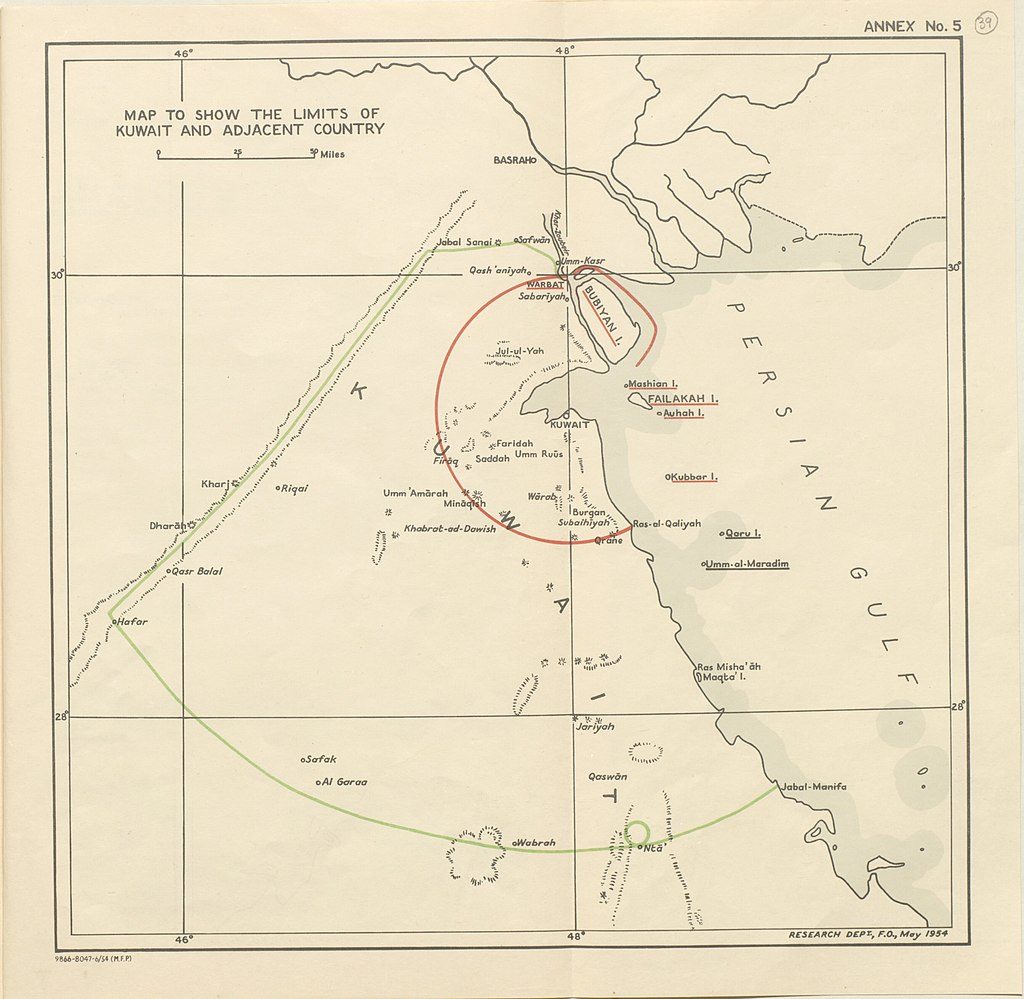
At the same time to the South West, Ibn Saud was building a kingdom through the military mighty of the Wahabbi clerics of The Ikhwan, a fundamentalist force mostly comprised of nomad tribes people from the interior Najd region. Tensions were at their peak with border raids commonplace as Saudia Arabia began to form.
During this time The Great War with it’s wholesale murder would see the fall of the Ottoman empire leaving a power vacuum in the region which would lead to the Kuwait-Najd war (1919-1920) and the installation of Faisal I as king of Iraq on the advice of T.E. Lawrence (of Arabia) as a puppet of the British.
The hinterland between these three Empires was blurry and ill defined and that simply would not do. The border of the Ibn Saud’s domain and Kuwait were established by the Uqair Protocol of 1922. Kuwait was given no say in matters. The British and Al Saud decided modern-day Kuwait’s borders. A year later on 1 April 1923, Shaikh Ahmad al-Sabah of Kuwait wrote the British Political Agent in Kuwait, Major John More, “I still do not know what the border between Iraq and Kuwait is, I shall be glad if you will kindly give me this information.” and thus the arbitrary lines on the map were formalised and the border of Kuwait were finalised.
Iraq became independent in 1931 and when in 1938 oil was discovered in Kuwait it placed a claim to the region. When in 1961 Kuwait gained independence from the British, Iraq mobilised it’s forces and invaded six days later.
They were rebuffed, first by British forces and then by The Arab League and in 1963 Iraq recognised Kuwait and thus began twenty years of booming economic and consolidation of the borders. These borders split apart lands which had been wandered by bedouin tribes and communities which had lived and worked the land since day dot. Shortly after, in 1965 Kuwait held a registration/census for citizenship for this now secure and independent nation. Those who did not register were designated as Bidoon. Overwhelmingly these communities had very little notion of “nation” or “citizenship” coming from an entirely different world and these concepts being quite different to their tribal and nomadic heritage. There was also widespread illiteracy which combined with a complex change in the laws and little support or provision made to ease this transition for the tribal communites meant that hundreds of thousands simply did not register into the now sovereign nation.
At the same time Kuwait began populating it’s military and police forces (as well as it’s oil fields) with workers from elsewhere in the peninsula as there was little uptake from Kuwaiti nationals for these roles. To provide a smoke screen for their dubious recruitment policies these workers were also designated as Bidoon forming a second, smaller category. The stateless workforce of expendables for a time benefited from the booming economy and were instrumental in building Kuwait into a strong economic power, despite the lack of citizenship Bidoons were afforded relative equality for a time. Later the Kuwait government would deliberatly obfuscate the situation of the Bidoon and “they are foreign nationals” would be something projected on the entire Bidoon community.
Following the Iranian Revolution in 1979, social divides and sectarian conflicts began to present themselves, these became more prominent during the Iraq-Iran war the following year when refugees and Iraqis fleeing conscription would join the Bidoon communities. The policies started to change towards the oppressive and as the economy began to downturn Bidoons were declared “illegal residents” in 1986. So began mass deportations, overt oppression at the hands of the Kuwaiti government and policies that amount to administrative ethnic cleansing.
Bidoons, whether those who descended from unregistered tribes people, economic migrants or even those who as were born to Kuwaiti mothers and Bidoon fathers ( Kuwait’s nationality laws mean citizenship is passed through patrilineal lines) were now surplus to requirements and faced a hostile environment at every level.
This systematic prejudice was only to snowball after the Persian Gulf War which started in August 1990 and ended the following February. At the start of the conflict Bidoons made up the majority of the army and were an easy scapegoat after the military capitulated to the occupying forces, on top of this some Bidoons fought alongside the Iraqi forces (It’s claimed many were infact forced to fight) and this was all the excuse they needed to begin a purge. The government dismissed Bidoons from the military en masse, refugees were prevented from returning and yet more were held in detention centres. The official population of Bidoons in Kuwait went from some 250,000 to 100,000 pretty much overnight, this is before counting up the thousands who are excluded from such figures.
The fight for equality and recognition has been ongoing since. A law in 2000 permitted the naturalization provided they could show that they were registered in the 1965 census. However, it has been reported that only a small number of Bidoon have been able to acquire nationality through this process, and these were predominately those with wealth or connections. The yearly quota of 2,000 naturalizations, as stipulated by the law, was never met. Since 2011, the Central System for the Remedy of Situations of Illegal Residents, the administrative body in charge of Bidoon affairs, has started issuing temporary ID cards. Some have been able to obtain green ID cards or ‘reference’ cards (bitaqaat muraja’a). Others, whom the government considers to have foreign origins or similar issues, have received yellow or red cards. These cards can be used for limited purposes, such as registering for private schools or health insurance. They are not, however, comparable to the civil ID cards issued to Kuwaiti citizens and legal residents, and some Bidoon feel that the colour coding system is stigmatizing.
For many gaining these cards, and thus access to basic services, means renouncing their claim to Kuwaiti citizenship by confirming a foreign nationality and accept a permanent limitation on their rights. Of the current Bidoons in Kuwait (In excess of a hundred thousand easily), Around 40,000 of these have civil documentation with the rest existing in a bureaucratic limbo. Do you give up your rights of equality in your community by petitioning for a document that would allow you to work and survive capitalism or do you exist in the hinterland of legality using a fake passport to get employment hoping that the government continue to turn a blind eye to them and that you don’t get deported in the next wave of expulsion of “illegal aliens”.
All this creates a vast underclass that is socially, culturally and politically oppressed. As is often the case in marginalized communities, Bidoon girls and women have been particularly vulnerable to discrimination and abuse. They have faced sexual harassment from government officials while applying for documentation. At the same time, the government has failed to protect Bidoon women, whose marriages are often unregistered, from obtaining their legal rights upon divorce.
In February 2011 some 1000 Bidoon took to the streets to call for their right to be citizens in the first major protest for recognition. They were met with tear gas, water cannons and smoke bombs. Some 50 were arrested and 30 were injured. Some of those detained were tortured and sexually abused and this pattern of brutality from the Kuwait state has been repeated time and time again which brings us to the present situation.
Most Bidoon in Kuwait still lack legal residence permits and the access to employment, education, healthcare and other rights that should be the basic minimal for all people. This is a position kept in place by the Kuwaiti governments refusal to acknowledge that the vast majority of Bidoon have always lived in Kuwait, they would rather obfuscate the issue by forcing people to take on foreign national status which allows them to undermine the rights of their citizens. Their plight is something that has been felt by people the world over who have been seen as other, stateless and surplus. From the the struggles of black people in the US, the administrative disregard of the Ainu in Japan to the millennia of oppression felt by the Irish.
Don’t worry tho, The Kuwait government in it’s infinite wisdom has now allowed the descendants of the former Bidoon soldiers to join the army. This solitary offer of stable income proved popular… given that for many the option is service or poverty it’s to be expected. The state calling in it’s surplus humanity to do their bidding for scraps to eat. Pitting the oppressed against each other perpetually and undermining the communities ability to survive in it’s own right. Populating the security forces with members of your must vunerable or “promblematic” communities is a tool used by governments world wide to control the the people, sadly it is very successful as it sows seeds of doubt (re how to deal with collaborators?) in the minds of people fighting for their existence while allowing them to show how gracious they are to offer such work.
These are all reminders that while nation states exist, no one is free.
Whether trapped within their myriad systems held in place by capitalism and social authourity or exluded, cut out and refused even the most basic positive aspect our shared world, these instititons are a cancer on all people and they, along with their imaginary lines with which they have brought such death and destruction need tearing down.
We cannot be stateless while the state still holds the cards. The parasites will always try to persecute the vulnerable. While some Bidoon fight for recognition and equality, others fight to build up their communities, there are whispers of Anarchist networks building both in Kuwait, across the Middle East and in the diaspora worldwide, looking to a better future free from the heel of an uncaring state government. Such a movement requires solidarity from across the working class, Bidoons and citizens both, standing together against the enemy, working together towards liberty and a Kuwait where no one has to fight for the right to exist. ■
Further Reading
UN – Human Rights Committee Report
The Gulf Centre for Human Rights (GCHR) Regarding allegations of torture
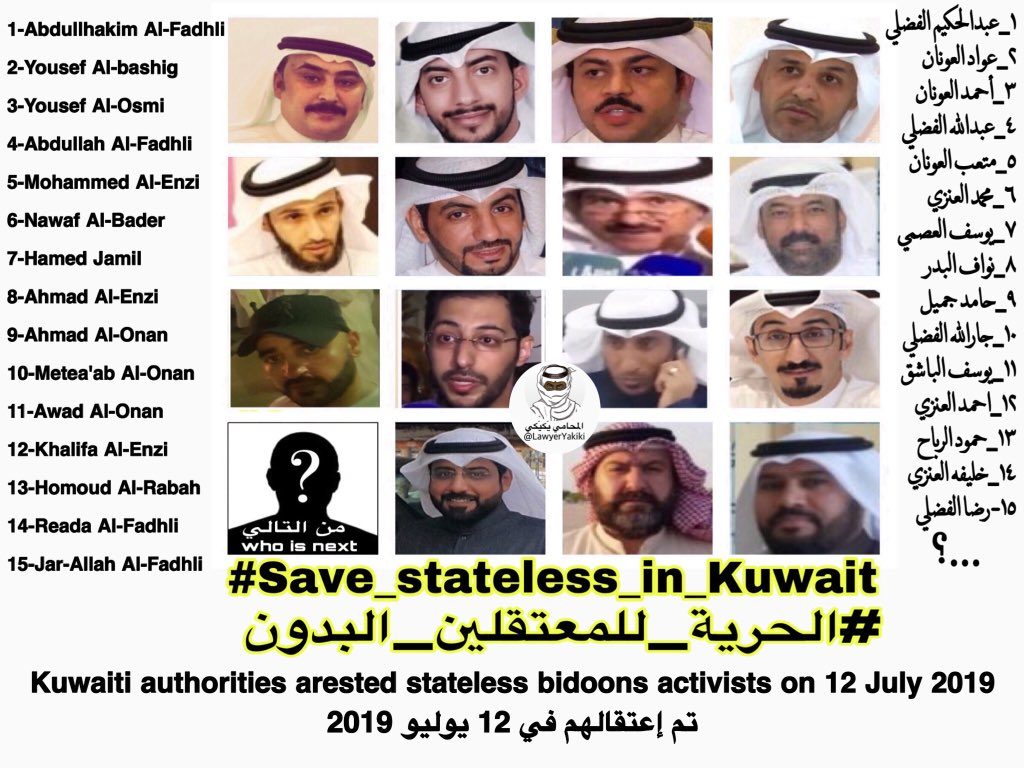
RELATED ARTICLES:-

